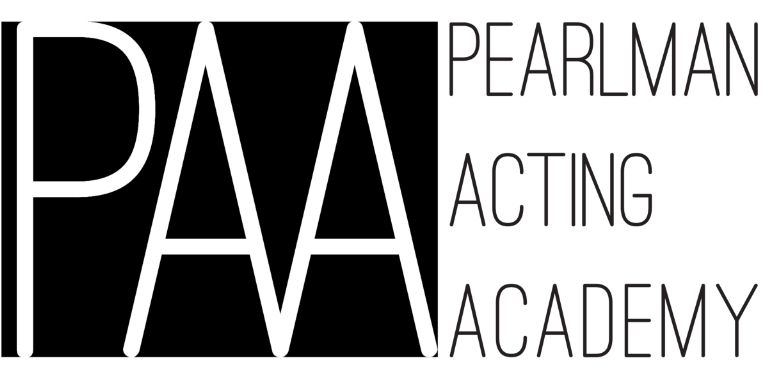Before any Meisner disciples get up in arms with their pitchforks, I’d like to remind you that there was a lot of good that Windows 98 brought to the world at large and the entire personal computer community. The title of this article is not an insult or a jab at the Meisner technique, but a very pointed metaphor. While Windows 98 offered pillars of logistics and task-completion, by today’s standards, the program is sparse and painfully slow.
I find Meisner to be analogous to this computer program that debuted nearly two decades ago in that it can be cripplingly narrow for the creative actor.
Issue #1: Listening as an Overly Self-Aware Act
The centipede was happy, quite,
Until a toad in fun
said, “Pray, which leg goes after which?”
This worked his mind to such a pitch,
He lay distracted in a ditch,
Considering how to run.
—“The Way of Zen” by Alan Watts
The technique makes a fetish out of the repetition exercise, continuing it for months on end before delving into any scene work. This can have the effect of making actors overly conscious of the basic act of talking and listening.
We all know how to talk and listen, and we’re great at it when we’re talking about something that matters to us. Too often I see Meisner actors make their serious “listening face” as they attempt to show that they are in fact fully listening to their partners. It looks unnatural and often it seems like the actor has been so caught up with the act of listening, he doesn’t respond naturally.
Issue #2: Overly Visible Technique
Really great actors deliver seemingly effortless performances. Their work does not reek of acting training, nor do they look like their heads are focused on some complex technique.
I find often that Meisner-trained actors sound robotic as they strive to emulate the repetition exercise in their performances. Aside from the fact that no one likes an actor that sounds like a well-programmed cyborg, your technique should be absolutely invisible to the audience. More often than not, I feel that Meisner actors can lack that invisibility of technique—either in their robotic speech patterns or their conscious act of listening. Whenever I suspect an actor has been Meisner trained, I’m almost always right.
Issue #3: Sometimes You Want to Dig Around Inside
Meisner actors are taught the importance of using external stimuli for their reactions and to not engage in “self-indulgent” predetermined emotions. This doctrine can sometimes inhibit actors from looking inwards—at all. The reality is that sometimes we do have overlap with the character in question. As Philip Seymour Hoffman explained to Moviemaker.com in 2014, “I think I relate, or partly relate, to a lot of the parts I play.” A lot of actors feel the same way. Early in my process of working with an actor, I have them draw two boxes, Box A and Box B. Box A contains the elements of the character they can readily identify with; Box B contains the attitudes and behaviors connected to the character that they may have no reference for, such as abuse or addictions or racist attitudes. I find that Meisner trained actors can demonstrate a hyper-reluctance to look inwards whatsoever when it comes to developing a character, and this robs them of adding the richness of their own experiences.
Final Word
Meisner was my background. I wouldn’t have the knowledge I have today if it weren’t for my Meisner roots. That being said, I don’t think the technique has any place in the final product.
Yes, there are amazing Meisner trained actors who believe in the technique, from James Franco to Grace Kelly. However, I believe that most of those actors would be watchable and moving regardless of the technique they studied, due to their own inherent singularity.
Many great actors attribute their success to a technique. I believe the technique doesn’t make the actor. A good technique or process should open the door for an actor to ultimately be the creator of their own technique. Any technique that doesn’t allow for that possibility is fundamentally flawed because it presumes to override your natural instincts and ability to innovate.
I help actors bridge the gap between their classic training and technique, and what it’s like to create original work—stamped with their personality—that doesn’t reek of “technique.”
This article was originally posted on Backstage

